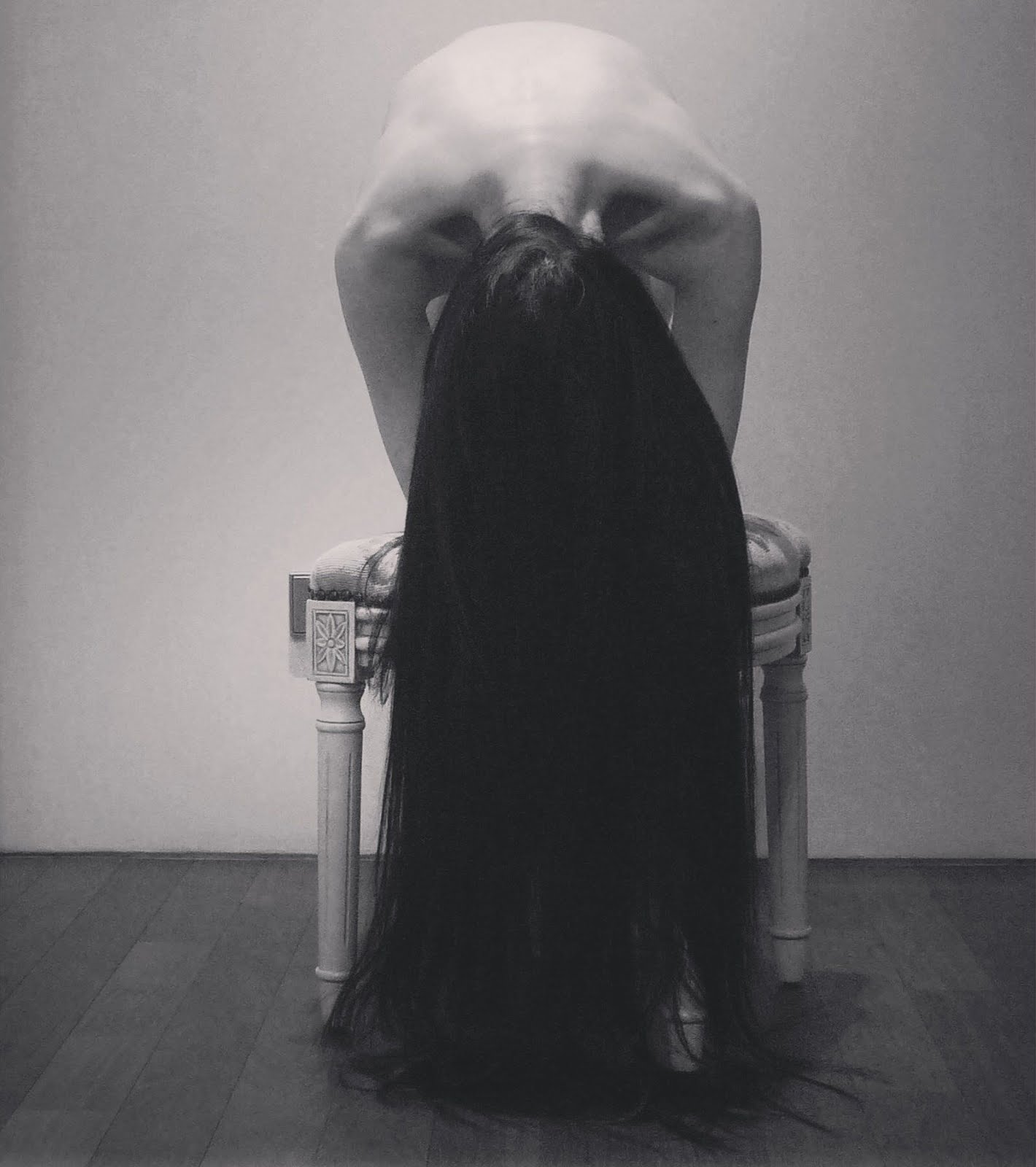“It was counterpoint in a narrative form.
I’m just using polyphony as an analogy here. Let’s say there are two musical lines, a treble and a bass line, that you’re hearing simultaneously. You’re experiencing each one, but you’re also experiencing what’s happening between them. Each line has complete integrity, but the space between them, the harmonic relationship, is just as critical an element, and it’s that tension, the way it all works together—that is what is uncannily exciting. How I would love to be able to do something like that! I would love to make some experience for the reader that entails the words and could not be made with other words, but that is much more, and other, than what the words are. And I would love to make some experience that creates all kinds of reverberations between different elements. /.../
But the message that is found cannot be exactly the message you’ve sent. Whatever bunch of words the writer transmits requires a person, a consciousness on the other end, to reassemble it. You know how it feels when you read something that opens up a little sealed envelope in your brain. It’s a letter from yourself, but it’s been delivered by somebody else, a writer.
Nothing is more fortifying than learning that you have a real reader, a reader who truly responds both accurately and actively. It gives you courage, and you feel, I can crawl out on the branch a little further. It’s going to hold.”
~Deborah Eisenberg, The Art of Fiction No. 218, interviewed by Catherine Steindler; from Paris Review Spring 2013 issue, No. 204
 |
| The Intelligence of Flowers, 1907, by Alvin Langdon Coburn |
I would like to give you the silver
branch, the small white flower, the one
word that will protect you
from the grief at the center
of your dream, from the grief
at the center I would like to follow
you up the long stairway
again & become
the boat that would row you back
carefully, a flame
in two cupped hands
to where your body lies
beside me, and as you enter
it as easily as breathing in
I would like to be the air
that inhabits you for a moment
only. I would like to be that unnoticed
& that necessary.
~from “Variation on the Word Sleep,” by Margaret Atwood
 |
| Pierre-Ambroise Richebourg, Paysage russe (Russian Landscape), c.1859 |





2 comments:
beautiful blog - thank you
beautiful blog - thank you
Post a Comment